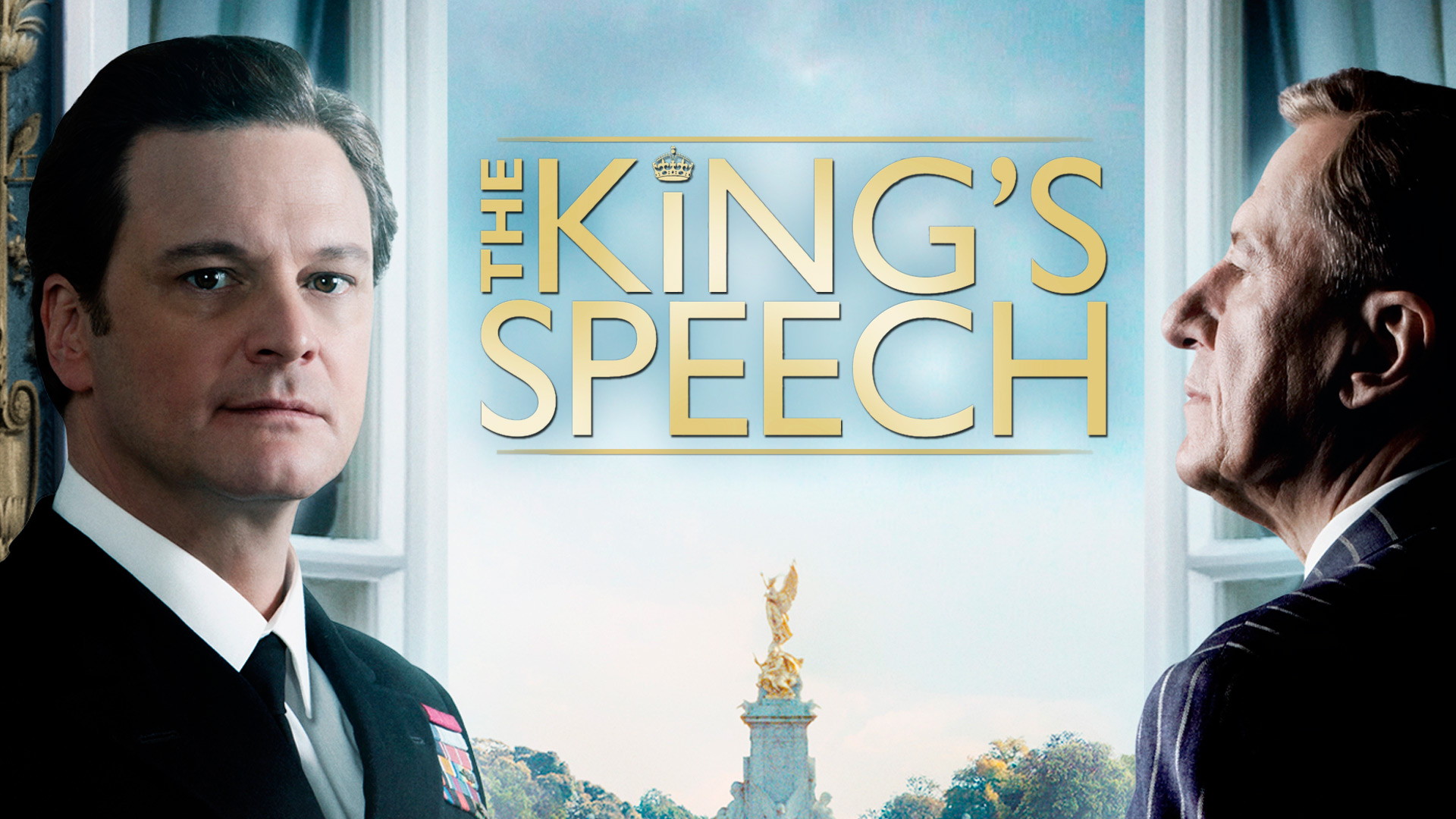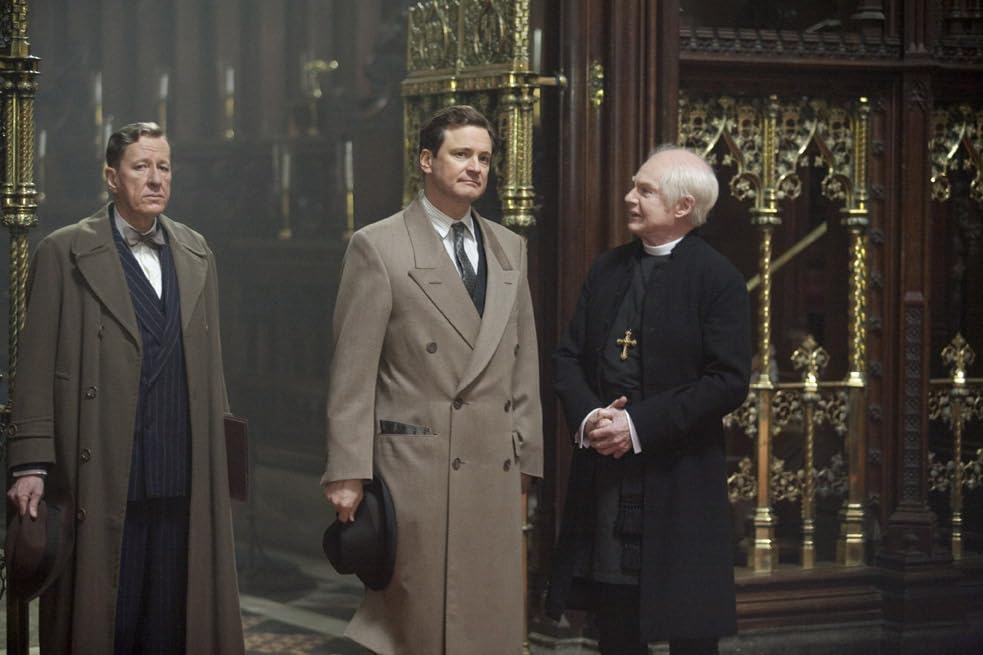The King’s Speech Vocabulary Guide: Learn English with This Oscar-Winning Film

Unlock your English learning potential with The King’s Speech (2010)—a heartwarming historical drama about overcoming personal struggles to lead with courage. Dive into this award-winning movie to learn practical English vocabulary related to psychology, speech therapy, royalty, and British history. This guide will help you expand your vocabulary while enjoying a masterpiece of cinema.
Watch the trailer on YouTube and explore the IMDB page for The King’s Speech for more context before diving into the vocabulary.
Psychology Vocabulary
- Anxiety /æŋˈzaɪ.ə.ti/
Definition: A feeling of worry or nervousness about an uncertain outcome.
Example: The King often felt anxiety before delivering public speeches. - Therapy /ˈθɛr.ə.pi/
Definition: Treatment intended to relieve or heal a physical or mental condition.
Example: Logue uses unconventional therapy to help the King overcome his stammer. - Trauma /ˈtrɔː.mə/
Definition: Deep emotional stress caused by a disturbing experience.
Example: The King’s childhood trauma contributed to his speech difficulties. - Insecurity /ˌɪn.sɪˈkjʊr.ə.ti/
Definition: A lack of confidence or self-assurance.
Example: He worked hard to overcome his insecurity about public speaking.

Speech Therapy Vocabulary
- Stammer /ˈstæm.ər/
Definition: A speech disorder involving involuntary repetition or pauses.
Example: The King’s stammer made it difficult for him to speak fluently. - Enunciation /ɪˌnʌn.siˈeɪ.ʃən/
Definition: The act of pronouncing words clearly and distinctly.
Example: Logue encouraged the King to improve his enunciation through exercises. - Articulation /ɑːˌtɪk.jəˈleɪ.ʃən/
Definition: The clear and precise pronunciation of words.
Example: Good articulation is vital for delivering an effective speech. - Breathing Techniques /ˈbriː.ðɪŋ tɛkˈniːks/
Definition: Methods of controlling breath to support speech.
Example: Lionel Logue taught the King breathing techniques to manage his stammer.

Royal Vocabulary
- Monarchy /ˈmɒn.ə.ki/
Definition: A form of government with a monarch at the head.
Example: The British monarchy is one of the oldest institutions in the world. - Abdication /ˌæb.dɪˈkeɪ.ʃən/
Definition: The act of giving up a position of power, especially a throne.
Example: King Edward VIII’s abdication led to Bertie becoming King George VI. - Crown /kraʊn/
Definition: A symbol of royal authority or power.
Example: King George VI wore the crown during his coronation. - Consort /ˈkɒn.sɔːt/
Definition: The spouse of a reigning monarch.
Example: Queen Elizabeth, the King’s consort, supported him throughout his journey.

Historical Vocabulary
- Coronation /ˌkɒr.əˈneɪ.ʃən/
Definition: A ceremony to crown a new monarch.
Example: The coronation of King George VI marked a significant moment in history. - War Effort /ˈwɔːr ˌɛf.ɜːt/
Definition: The collective effort of a nation to support a war.
Example: The King’s speeches inspired the British war effort during World War II. - Dictatorship /ˌdɪkˈteɪ.təʃɪp/
Definition: A government ruled by a dictator with absolute power.
Example: The King’s speeches were a beacon of hope against rising dictatorships in Europe. - Broadcast /ˈbrɔːd.kæst/
Definition: A transmission of information via radio or television.
Example: The King delivered a historic broadcast to unite the nation during the war.
Practical English Tips
- Watch the movie with subtitles to match the vocabulary with the dialogue.
- Practice saying the words out loud to improve your pronunciation.
- Discuss the movie with friends or in a study group to use the new vocabulary in context.



0 Comments